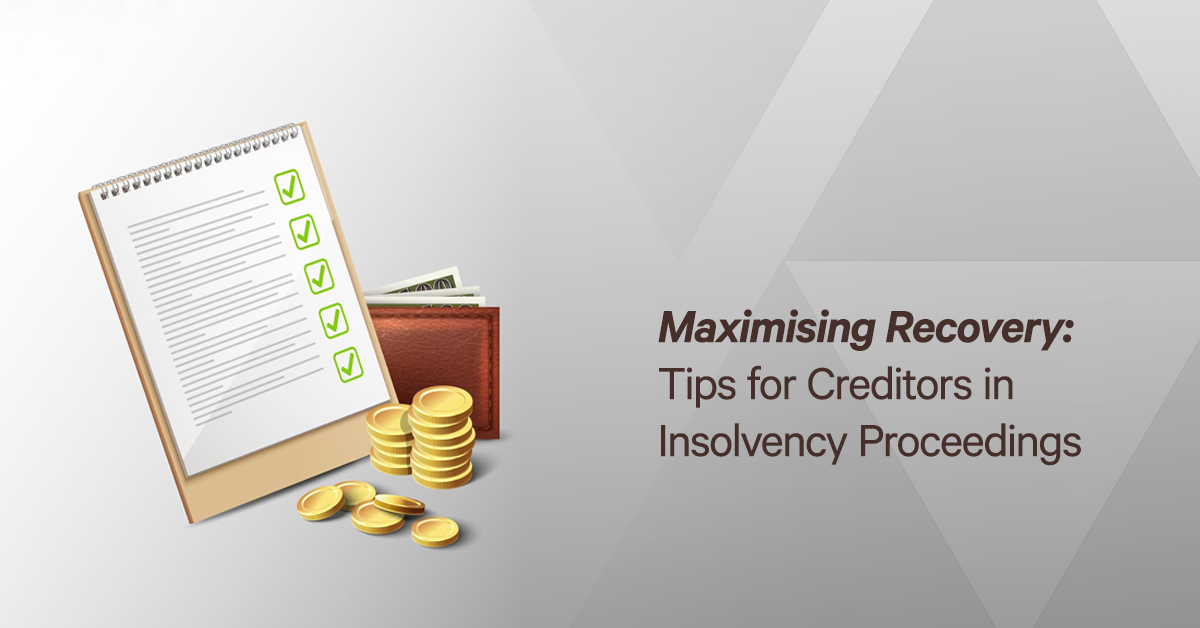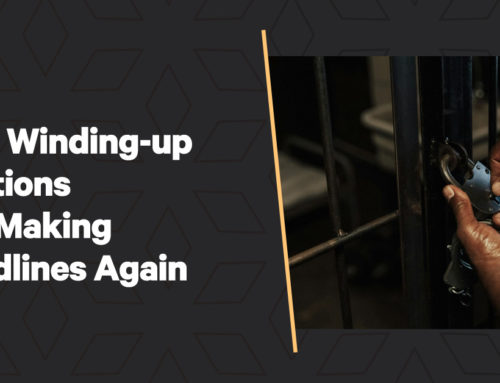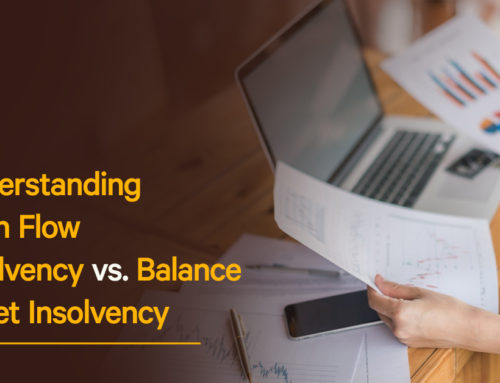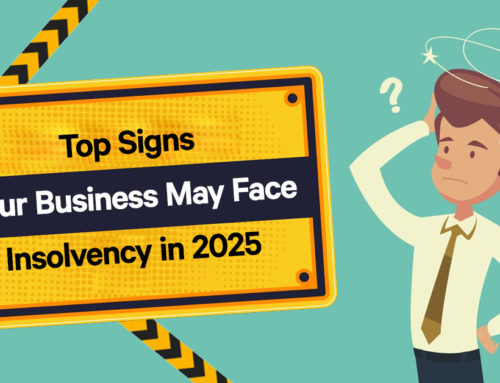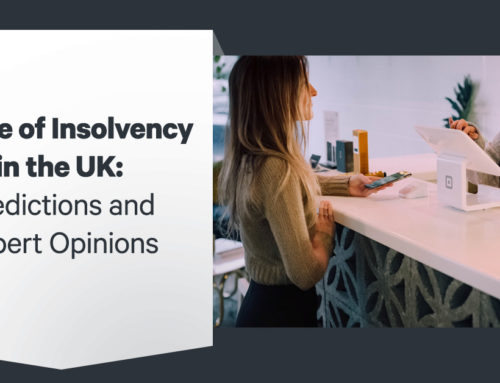It’s normal for organisations to find themselves in financial difficulty and when this happens, people who are owed money by said businesses are likely to suffer to some extent. This is especially the case when a creditor is unsecured as they are last in line to be paid once an organisation goes into liquidation. If you are owed money then not being paid in full can have disastrous effects as it could result in your own cash flow issues. If you are a creditor and want to ensure you are maximising your recovery as much as possible then you should be sure to put in place some careful planning which will assist with reducing losses. Be sure to check out some of the below top tips which will help to avoid as much loss as possible.
Keep Your Debt Collection Process Tight
The first thing that you should do is tighten up your debt collection process. If you are a creditor who extends credit to customers then you need to keep a close eye on how the business of that customer is doing. You also need to have a firm understanding of what their debt collection process is like too. If a customer suddenly stops paying you and begins avoiding your emails and phone calls then the situation shouldn’t continue. You can choose to stop providing the said organisation with any further credit until they pay you in full for what they owe. Keeping an open line of communication with your customer is important as it allows you to evaluate whether this instance of not being paid is merely a short-term glitch or is it a serious issue which you should worry about. There might also be changes that can be made to your arrangement which will ensure maximum returns and help out customers who could be experiencing financial difficulties. Simply put, if you are ensuring the time-to-pay arrangements are always being met then getting your returns should be much more straightforward.
Tighten Up Contractual Paperwork
The contracts that you have in place with your customers need to be clear, concise and airtight. They need to state exactly what should happen in the event of insolvency, as well as what insolvency actually means for the sake of the agreement. Is the process going to be formal? Is there a grace period allowed for customers? What is going to be the triggering event for the contract which potentially initiates insolvency proceedings?
Regardless of the way that you decide to deal with your contract, the wording and layout needs to be clear in a way that it is tight but also understandable. You might want to put in some form of leeway so that termination is not immediately triggered but you do have the option to continue operating under the current contract if both parties agree with it.
No matter what your position is, be sure to lay out that position in your contract. You should take legal advice and get professionals to help you with drafting it so that you can preemptively avoid any kind of problem. It could always be worth consulting liquidation specialists who are going to be able to assist with wording and layout.
Keep Communication Clear Throughout
Before and during insolvency proceedings it is important that you have an open line of communication between all parties. This means that the insolvency practitioner, the customer and you as the creditor all keep in touch so that you know exactly what is happening and who is responsible for what. If you aren’t sure what is happening throughout proceedings then you are likely going to struggle to recover as much as you possibly can. A lot of this communication will come from insolvency practitioners so make sure you have good practitioners on board who are going to keep you in the loop on everything that is going on.
Take Security If You Can
If you want to be as secure as possible then you should consider trying to become a secured creditor as this puts you in a better position in the face of a company’s insolvency. You will be at the very top of the repayment list when it comes to getting the money you have provided back.
When you are negotiating credit with a company you should request security over assets. This might not definitely be granted, it all comes down to commercial negotiation and how much you and your potential partner are keen to do business together, but if you do agree to security then as long as your paperwork is watertight you should be in a stable position should the company you are working with end up in liquidation. Start by finding out if they already have any creditors who have agreed security over an asset and then look into whether security over an asset is an option for you. When it comes to getting repaid, secured creditors take priority and as such, you will benefit from being in this position.
Can Leading UK Help with Recovery?
When it comes to debt recovery for a creditor, there are many different things that you can do in order to get paid in full; however, a lot of these are a bit easier said than done. At Leading UK, we have a vast history of working with businesses that are in liquidation and working with their respective creditors to maximise recovery too. We have found that a solid understanding of the process and clear communication is vital when it comes to increasing how much money you can recover and this is something that we pride ourselves on.
Our team of experts will sit down with you to better understand the situation that you are in and how we can help you with debt recovery. We will then work in unison with you and your customer to achieve an amicable conclusion. If you have any questions or require further information then do not hesitate to get in touch.

